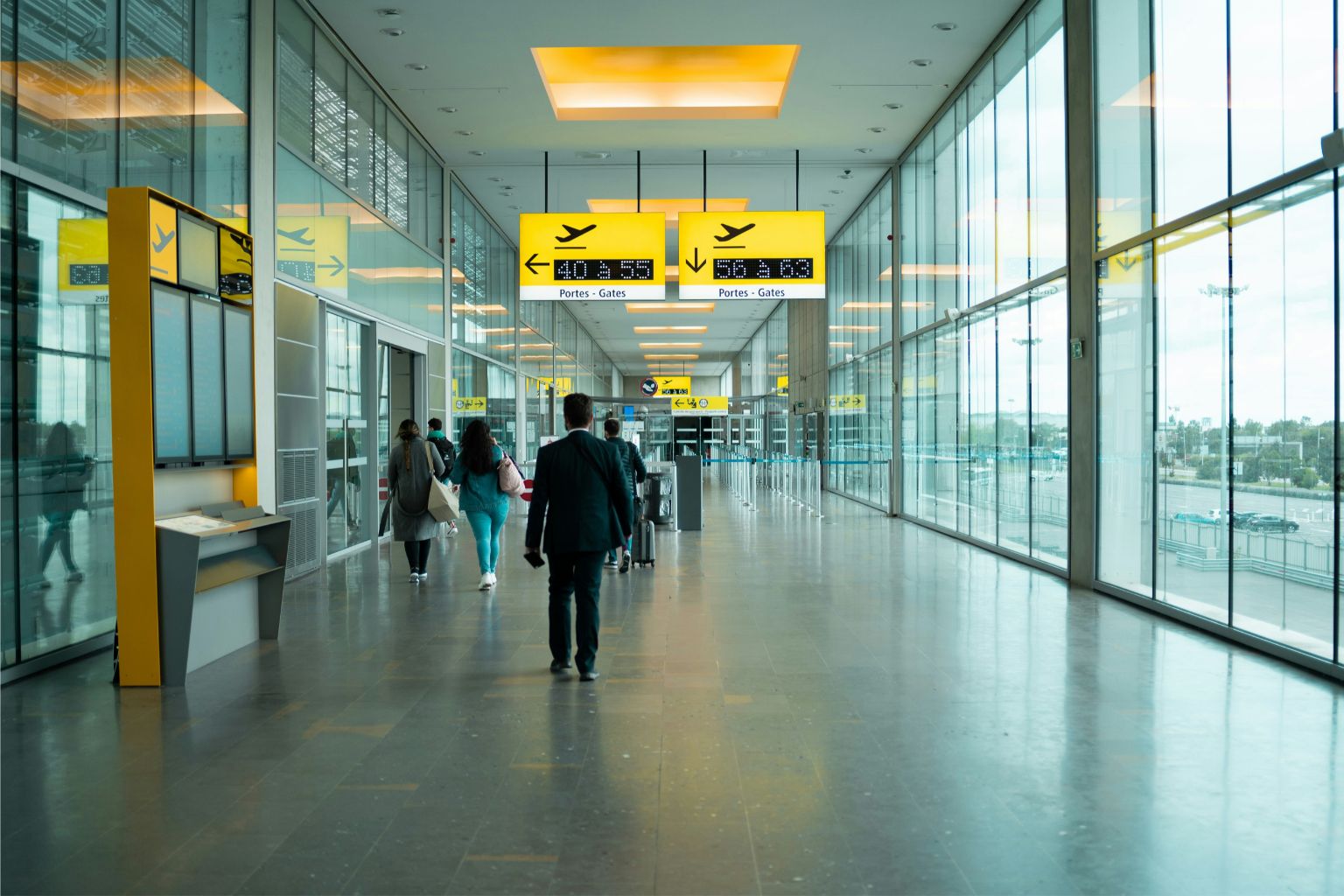
Major Changes Ahead: What the 2025 UK Immigration White Paper Reveals
On 12 May 2025, the UK Government published a major immigration policy document titled Restoring Control Over the Immigration System. This White Paper sets out a comprehensive vision for reforming the UK’s immigration framework, with an emphasis on reducing net migration, prioritising skills and integration, and strengthening enforcement. Although these proposals are not yet law, they indicate a clear and immediate direction of travel, with legislative changes expected to follow.
A Shift in Settlement Policy
One of the most consequential changes proposed is the extension of the qualifying period for indefinite leave to remain (ILR) from five to ten years. This would significantly alter the expectations of migrants on routes to permanent settlement in the UK. While certain groups, such as spouses of British citizens and survivors of domestic abuse, may still qualify under a five-year route, the broader message is a commitment to longer-term integration prior to granting settled status.
The Phasing Out of the Care Worker Route
Another headline proposal is the planned removal of the care worker visa route by 2028. This change reflects the government’s view that social care roles should not continue to be filled through immigration in the long term. The closure of this route would mark a decisive policy shift, especially considering the sector’s current dependence on overseas recruitment.
Restricting Access to the Skilled Worker Route
The White Paper outlines reforms to the Skilled Worker visa, limiting it to graduate-level occupations (RQF Level 6 or above). This would exclude many medium-skilled roles currently eligible for sponsorship. The government intends to consult on narrowing the list of eligible occupations and may introduce a new “Temporary Shortage Occupation List” that provides limited exceptions without a path to settlement. Additionally, the Immigration Skills Charge is expected to rise substantially, reinforcing the principle that employers should invest in local workforce development.
Changes to the Graduate Route and Student Sponsorship
The government also proposes reducing the post-study work period under the Graduate visa from two years to 18 months, aligning with its aim to prevent the student route from becoming a backdoor to long-term residency. Further reforms to student sponsorship compliance are expected, with universities facing stricter obligations to monitor and report overseas students.
Tighter English Language and Deportation Controls
The White Paper calls for a general increase in English language requirements across visa categories, including family visas. This forms part of a wider integration agenda and aims to ensure that migrants are better prepared to contribute socially and economically upon arrival.
Simultaneously, the government intends to limit judicial intervention in deportation cases, particularly those based on Article 8 of the European Convention on Human Rights (right to private and family life). This is framed as an effort to reduce abuse of the legal process and accelerate removals.
Emphasis on Enforcement and Digital Status
In line with broader Home Office objectives, the proposals include an expansion of enforcement powers to combat illegal working, overstay, and sponsor non-compliance. A key administrative reform is the introduction of digital immigration status, replacing physical biometric residence permits. This change is intended to modernise the verification of immigration status across government and third-party services.
Implementation and Next Steps
Although these measures are currently at the proposal stage, the government has made clear its intention to implement many of them within the life of this Parliament. Some reforms could be introduced swiftly through secondary legislation, while others will be subject to public consultation and phased roll-out.
At Forest & Co, we understand that proposed changes of this scale can create uncertainty for individuals, families, and employers. Whether you are applying for a visa, preparing for settlement, or considering sponsorship of an employee or family member, it is crucial to stay informed and take early action where possible.
Our immigration team is available to provide tailored advice on how these developments could affect your situation and to support you in navigating the evolving immigration system with confidence.



